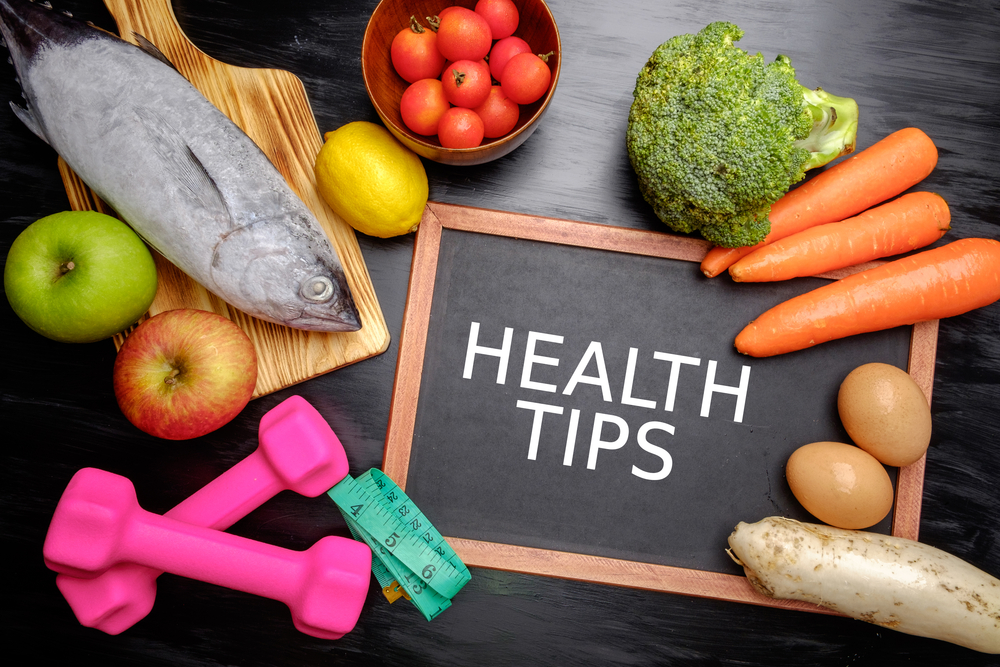Nutrition Diet & Healthy Eating Tips by Age & Life Stages: National Nutrition Week

From infants to toddlers, adolescents to adults, and then the elderly, our life goes through different stages and so do our dietary and nutrition requirements. The amount of nutrition required by an infant is completely different from that of an adult. When we move through such different life stages, our demands changes have to be accommodated to stay healthy and active throughout life.
While a toddler should be fed a plate full of brighter colours with a mix of vegetables, fruits, and whole grains for a completely healthy diet plan, a 60-year-old with weaker dentures would require a mushy and nutrition-rich diet. The dietary and nutrition requirement of a 25-year-old pregnant female would certainly be higher than that of a male of the same age group. nutrition-rich diet
What we develop in our early life stages casts an impact on our matured life too. If we are used to having healthy eating habits since childhood, it ensures our well-being later in life. As quoted earlier, our dietary requirements vary across different life stages, here are some common pointers for everyone:
- Adopt a home-cooked healthy diet plan as that’s your best source of nutrition.
- Ensure that your healthy eating plan has space for adequate proteins throughout the day to support cell repair and maintenance.
- Include water-soluble and fat-soluble vitamins in your diet coming from green leafy vegetables, butter, egg yolks, and liver.
- Make space for plant-based phytochemicals in your diet to fight diseases like heart, diabetes, arthritis, and osteoporosis.
- Focus on mineral-rich food items with special emphasis on zinc, iron, and calcium.
Healthy Eating Tips Based on Different Life Stages
Nutritional Tips for Pregnant Women
Pregnant mothers need to load up on their food intake during the first and second trimesters. It is normal for a woman to gain an average of 10-13 kgs of weight during pregnancy. Here are some healthy eating tips for pregnant women:
- Sustaining a healthy pregnancy only requires an additional 1400-1900 kilojoules per day shunning the popular myth of ‘eating for two.’ Eat responsibly to avoid gaining excessive weight.
- Emphasize more on the quality of food than quantity.
- Give in to your cravings once in a while but don’t let them replace healthy meals.
- Pregnancy body requires a special intake of folate, iron, vitamin B12, and iodine. Iron supports oxygen transfer throughout the body and increases vitamin C absorption too.
- Pregnant women should complete their daily intake of calcium.
- Stay hydrated throughout the day and say a complete NO to alcohol and alcohol-based drinks and foods.
Nutritional Tips for Lactating Mothers
The best diet for a nursing mother should be able to produce excess energy to support breastfeeding. Such dietary requirements can only be fulfilled by consuming nutrition-dense food that is rich in essential nutrients. Here are some healthy diet plan tips for breastfeeding mothers:
- Nursing women should focus on consuming foods rich in folate, iodine, zinc, and calcium.
- Staying hydrated is extremely critical during breastfeeding to avoid dehydration, fatigue, and constipation.
Nutritional Tips for Children
Children are picky eaters and putting them on a balanced and healthy diet plan is a huge challenge. However, mothers should focus on making their food visually appealing to coerce them to eat a nutrition-rich diet. A child goes through faster physical, social, and developmental changes which require the support of the following:
- Mothers should focus on giving their child protein and essential fatty acids to support their faster brain development.
- As they grow, they should be given food that helps in their overall development. Such essential nutrients include calcium, phosphorus, magnesium, and zinc.
Nutritional Tips for Teens
- This age group demands a focus on nutrients like proteins, iron, and minerals.
- Tweens should be fed nutrient-dense meals like wholegrain bread and cereals, legumes, nuts, fruits, vegetables, lean meat, and seafood.
- Parents should feed their kids milk, yoghurt, and low-fat cheese to support the growing bones of their teens.
- Teen girls on the verge of puberty should focus on consuming milk and milk products every day.
Nutritional Tips for 20-40 Years Age Bracket
A healthy diet plan for those between 20-40 years of age bracket should focus more on consuming a healthy and balanced diet to keep diseases away. Females going in for family planning should focus more on consuming iron, minerals, and vitamins.
Nutritional Tips for Women Nearing Menopause
Bone thinning due to hormonal changes is a common occurrence in post-menopausal women. Here are a few healthy diet tips for women during and after menopause to sail through this phase easily:
- Special emphasis on consuming calcium-rich foods.
- Consume high-fibre, low-fat, and low-salt diet to get relief during hot flushes.
- Foods like lentils, chickpeas, and cracked wheat are good sources of nutrition and energy.
- Menopausal women should focus on fruits, vegetables, low-fat dairy products, whole grains, and legumes in their diet.
- Do some weight-bearing exercises such as walking and weight training to maintain healthy body weight and bones.
Nutritional Tips for 40-60 Years Age Bracket
At the age of 40, one should focus more on consuming foods that support and strengthen metabolism. Foods rich in essential phytonutrients are the key to improving digestion and strengthening immune systems.
This specific age group should focus on foods rich in iron like nuts, and healthy fatty acids such as omega 3 like avocado, berries, and green leafy vegetables. Such foods also fight heart diseases, osteoporosis, high blood pressure, and mood swings.






